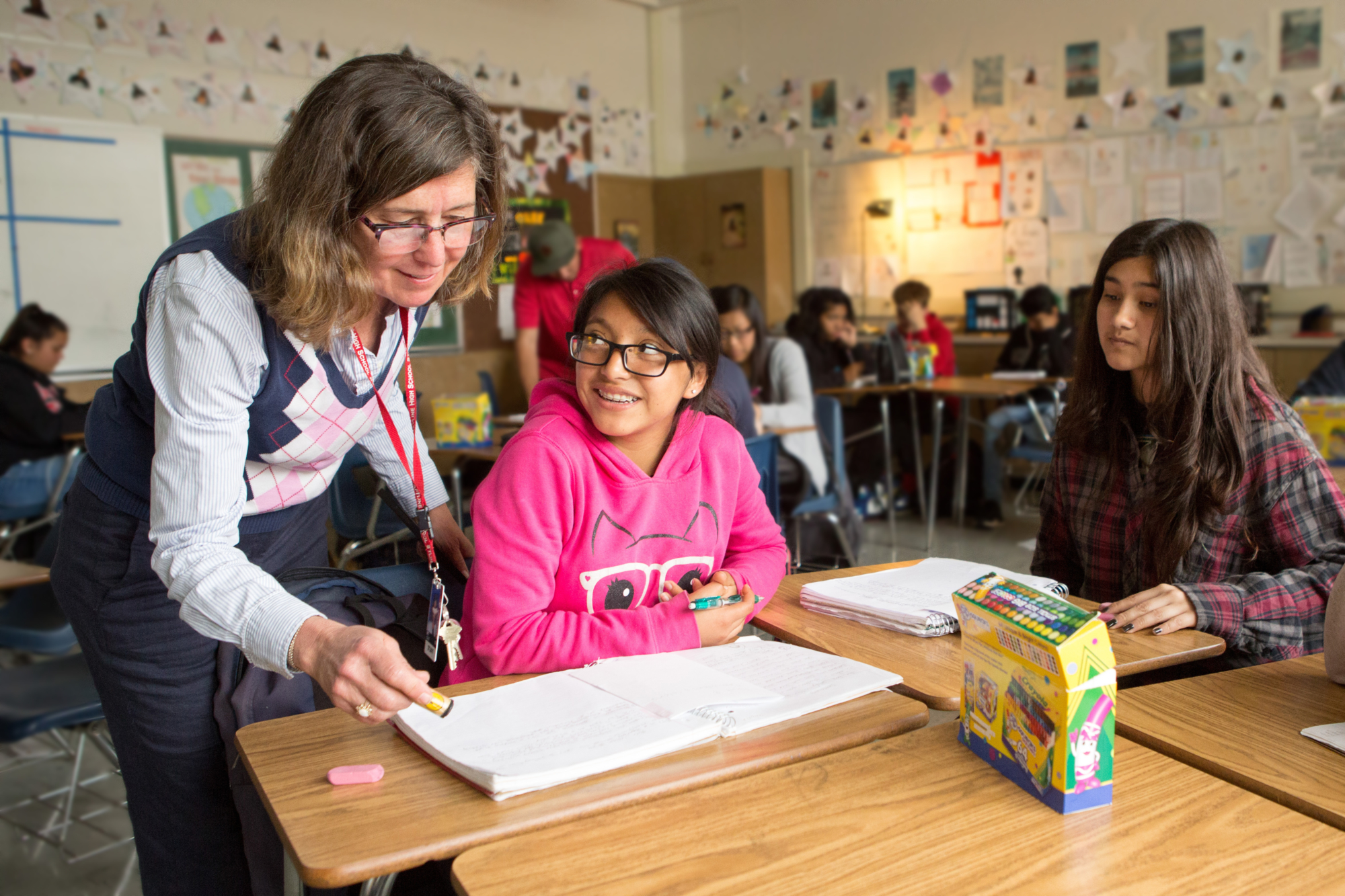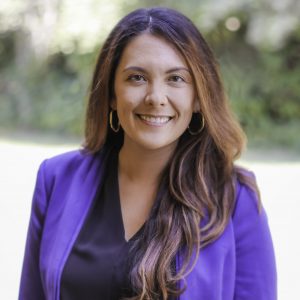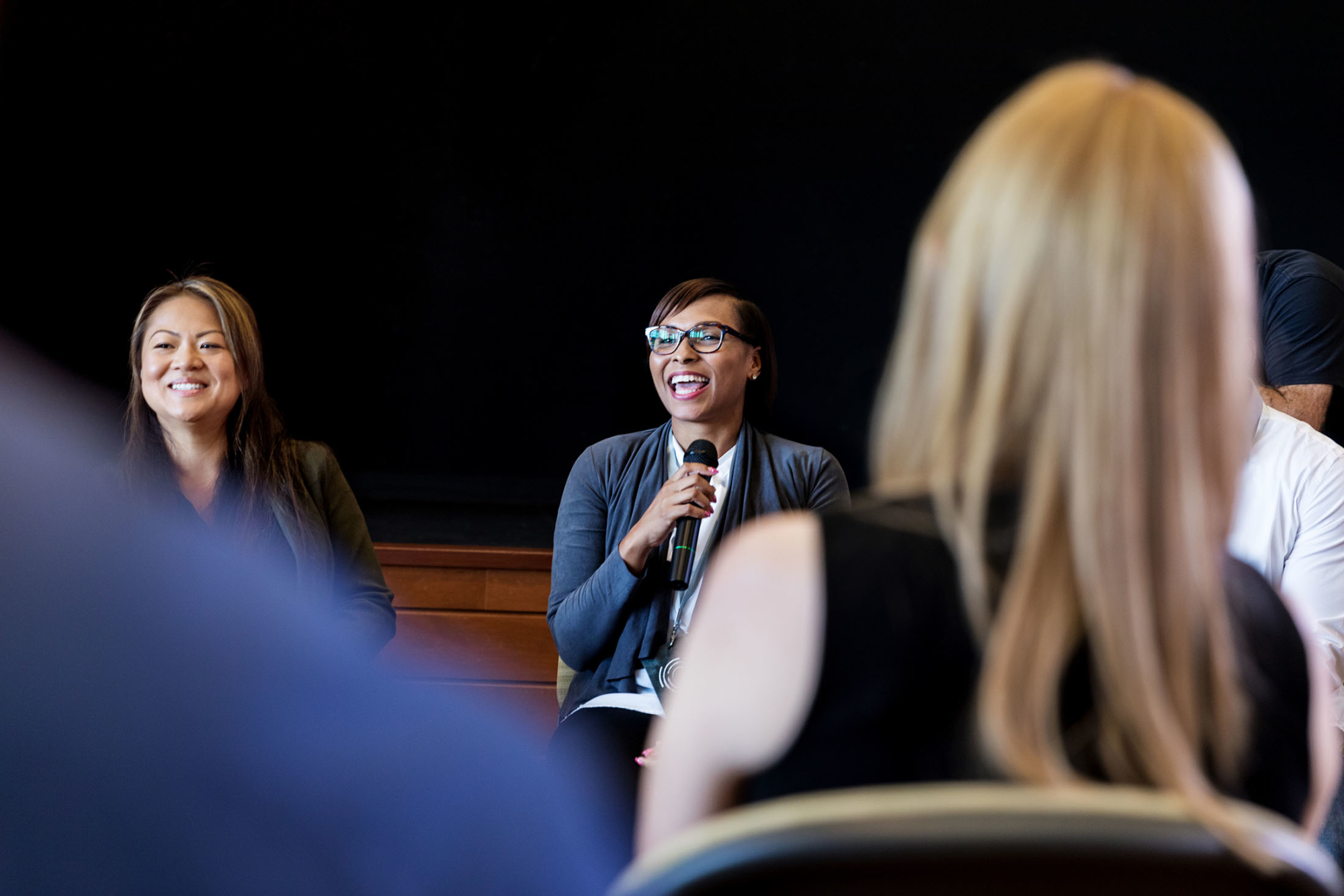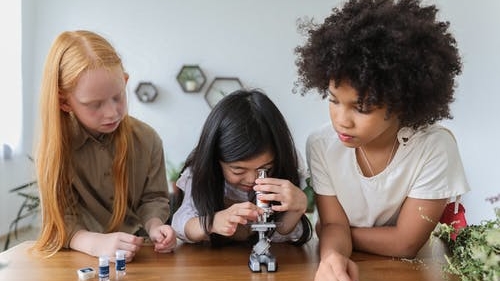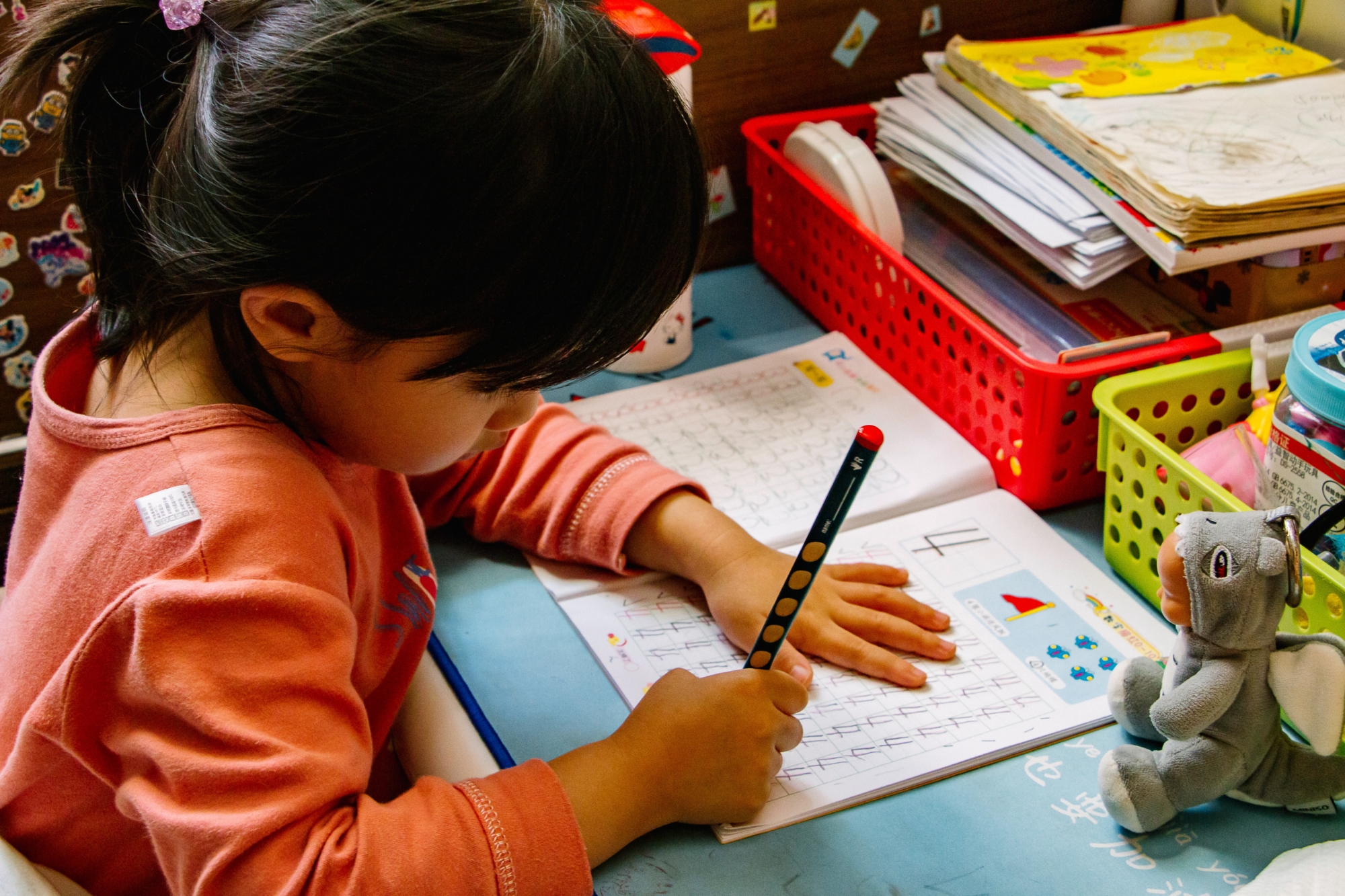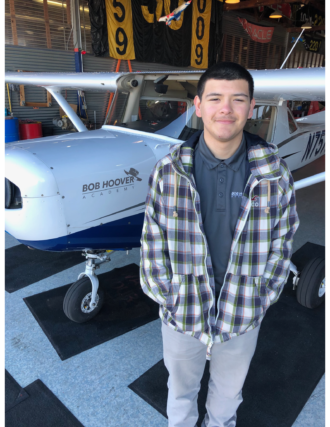Note: This article was featured in the January 2022 edition of the CCEE Connection. Read it here!
In 2021, at the height of the pandemic, the Santa Clara County Office of Education (SCCOE) established and convened a mental health Youth Advisory Group (YAG) to help guide SCCOE staff as we worked with districts and county behavioral health to open new student wellness centers at 12 local school sites.
The YAG is one of Santa Clara’s best examples of great community engagement in practice. YAG members are between the ages of 14-25, and were selected to be representative of our student community’s diverse race, ethnicity, gender, sexual orientation, lived experience, ability, geographic distribution, and socio-economic status. Starting in April 2021, over thirty students met monthly to develop community service projects, learn from local guest speakers with mental health expertise, and provide recommendations on the wellness centers — everything from the paint on the walls, to the types of services provided, to the characteristics and qualifications of staff. Students emphasized the necessity for services that are accessible on school campuses and are provided by practitioners who look like them: diverse, young, and from the community.
The YAG is divided into six committees, each with a particular focus around a specific aspect of mental health needs and awareness. For example, through the instruction of the SCCOE Director of Government Relations, students on the YAG Advocacy Committee learned how to advocate for themselves and the community. After a ten-week course on civic engagement, law making, and advocacy, the students developed their own proposals on mental health workforce development and began presenting their ideas to state and county leaders.
All 12 SCCOE student wellness centers are now open to students and are experiencing even greater success than anticipated — one wellness center recorded more than 700 student visits in the first week. Based on the input provided by the YAG, wellness center staff offer a broad scope of evidence-based services and supports ranging from one-on-one cognitive behavioral health counseling to clinician-led group activities such as art therapy, music therapy, and mindfulness. Now that the centers are fully operational, the YAG has pivoted to developing ongoing messaging on the wellness centers and focusing on building youth advisory groups at every campus so that wellness centers continue to grow in partnership with the needs of students.
RESOURCES
- The Efficacy of Implementing a School-Based Approach to Student Wellness (research brief) – Coming soon!
AUTHORS
Carolyn Gray, Research Assistant, Santa Clara COE
Amanda Dickey, Director of Government Relations, Santa Clara COE


